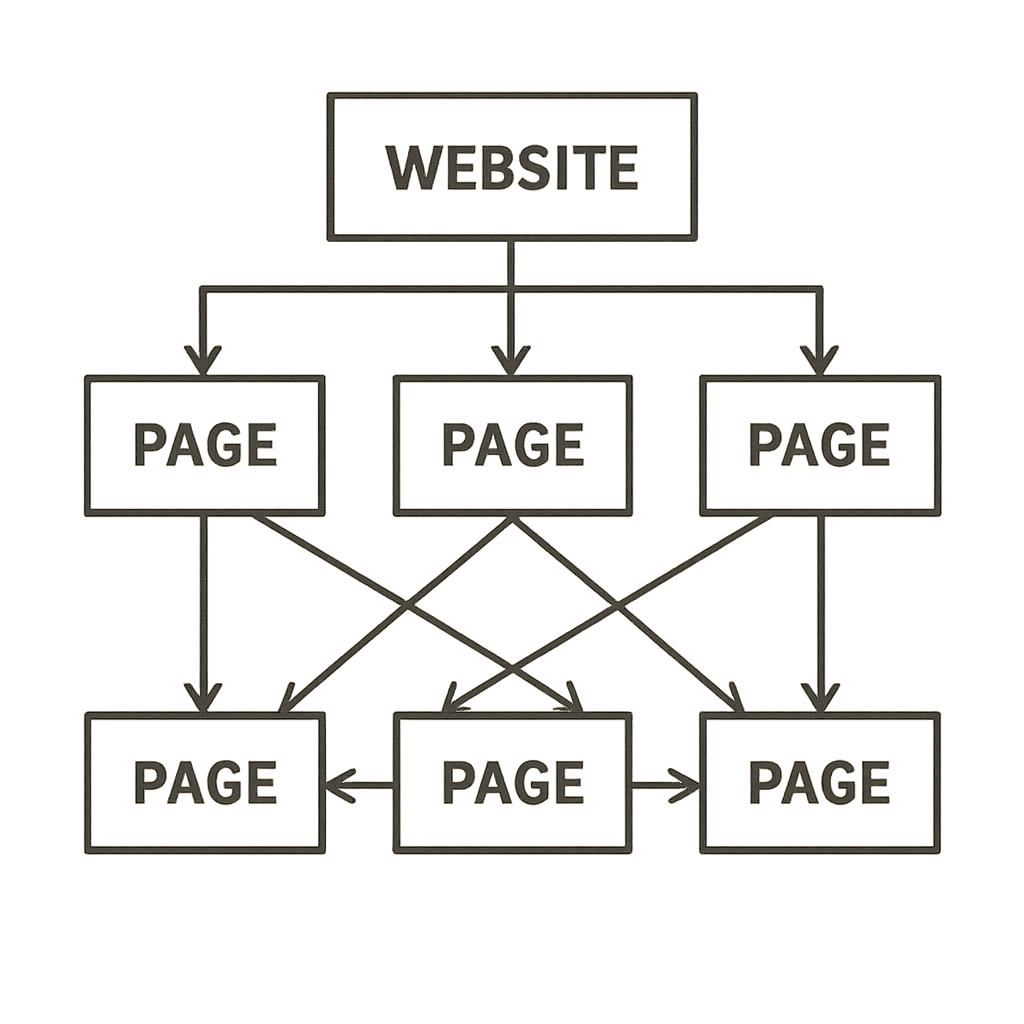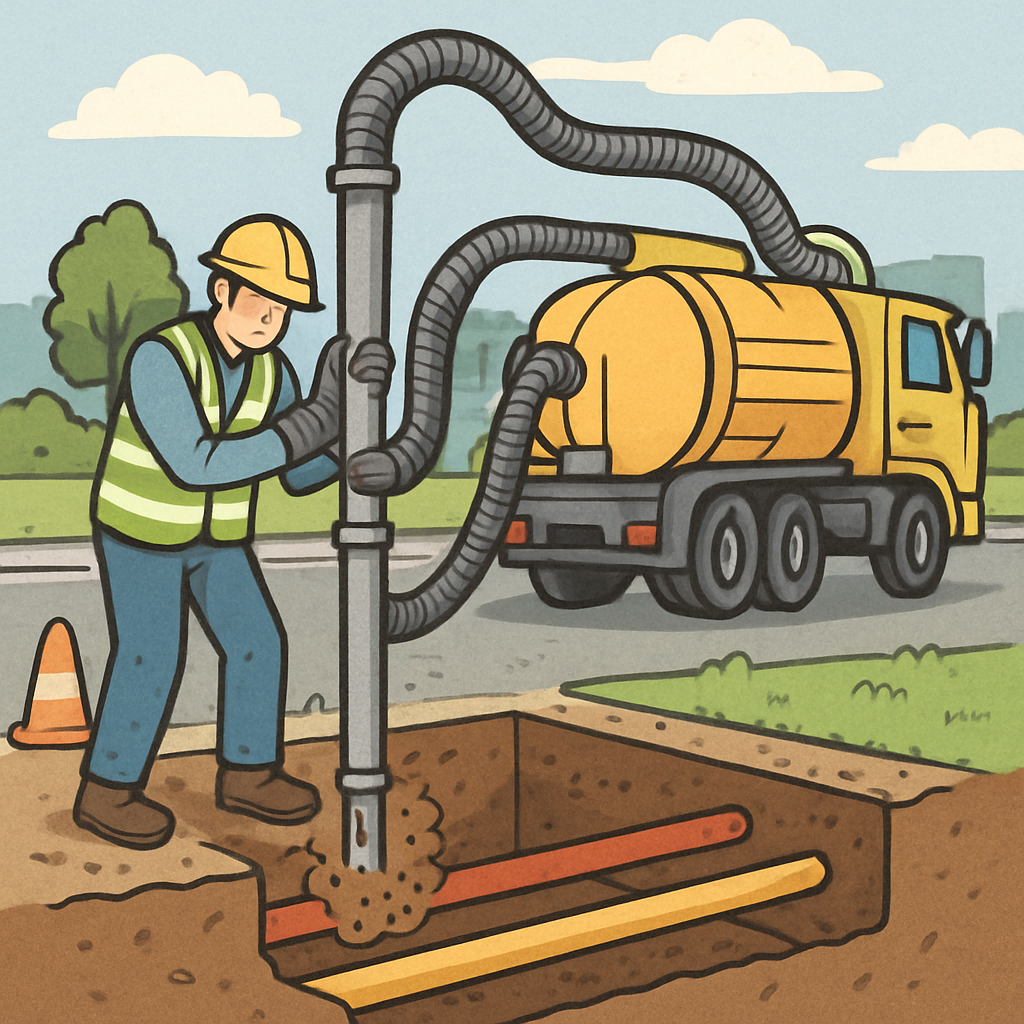All employers have a legal obligation to adapt work for employees who are at risk of being on sick leave, and for those on sick leave who are to return to work. But how to do it? Now there is support for it.
Workplace dialogue is a method of support that includes a series of questions, intended to be used by the employer during rehabilitation interviews. It is designed primarily for a conversation with employees with mental illness.
The questions can be used preventively for employees who are still working, and for those on sick leave on their way back to work. The answers form the basis for an action plan, which the employer is responsible for following up regularly together with the employee. In this way, the method support becomes part of the systematic work environment work.
This provides structure and something to stick to for both parties, and facilitates the work of creating a good adaptation or rehabilitation
The questions are about what the employer and the employee need to do.
– In this way, the conversation between the employee and the employer becomes more equal. Many people on sick leave experience a great deal of inequality in this type of conversation.
The questions are divided into three groups:
- Balance between requirements and resources
- Load ergonomics
- Cognitive ergonomics
In the method support , there are examples of adaptations of work in each area . There is also a template to fill out for the action plan.
Starting with the question of expectations
The first question concerns what the employee’s thoughts and expectations are during the interview. It is valued by both employees and managers.
– Is the goal to start working again? Or does he have another goal? It can also be the employer who has those thoughts. In that case, it needs to come up on the table.
Sometimes you adapt for too long without anything happening . Then you may need to find a different solution than returning to this workplace.
Question two concerns the extent to which the employee considers that the problems are due to work, and is also assessed by both parties.
– If you have different views on these two issues, it is good to talk about it before moving on.
This is followed by five questions about the work adaptation itself, and which are only addressed to the employee.
Questions about life outside of work
Then follow five more questions that deal with factors outside of work.
– You can think about whether it is the employer’s responsibility to ask questions about it. But our experience is that it is important and affects more than you might think.
Example: An employee may have children with special needs. It can be difficult to get away in the morning because of it. Then it may be possible to solve with a more flexible schedule or a later arrival at work on the days you are responsible for getting the children to school.
Question two concerns the extent to which the employee considers that the problems are due to work, and is also assessed by both parties.
– If you have different views on these two issues, it is good to talk about it before moving on.
This is followed by five questions about the work adaptation itself, and which are only addressed to the employee.
This is how you can adapt your work
For the individual:
- clear work content
- Decide what is recovery
- scheduled recovery time
- variation of movements
- make sure that the aids available are actually used
- access to one’s own room for a certain period
- scheduled time for phone calls and review of email
- help to structure the day with the help of checklists that can be ticked off
- inform colleagues about the needs of the employee, so that they can provide the right support.
For the entire workplace:
- mobile-free in the open office landscape
- rules on not sending e-mail outside working hours
- to only document the most important things in minutes so that it does not become unnecessarily much to read







